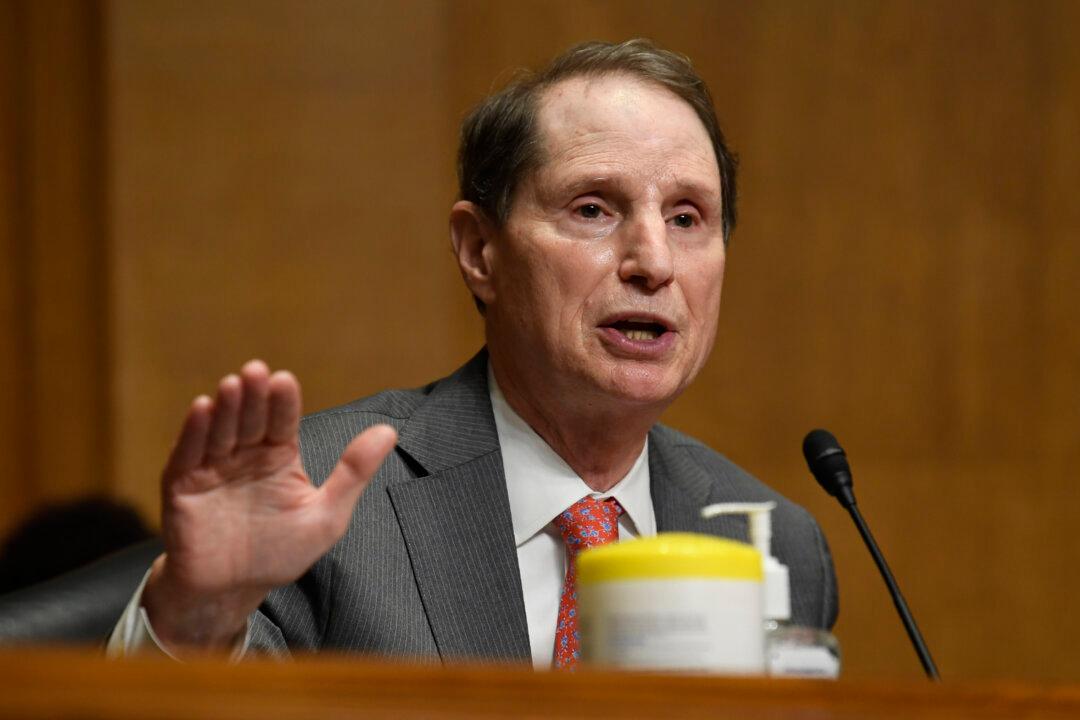Sen. Ron Wyden (D-Ore.), an ally of President Joe Biden in the Senate, proposed a bill to punish U.S. oil companies by placing a 21 percent surtax on profits that exceed 10 percent, a spokesperson said.
“Our broken tax code is working for Big Oil, not American families,” Wyden claimed to CNN on Tuesday. “The proposal I’m developing would help reverse perverse incentives to price gouge by doubling the corporate tax rate on companies’ excess profits, eliminating egregious buybacks, and reducing accounting tricks,” Wyden said in a statement.





